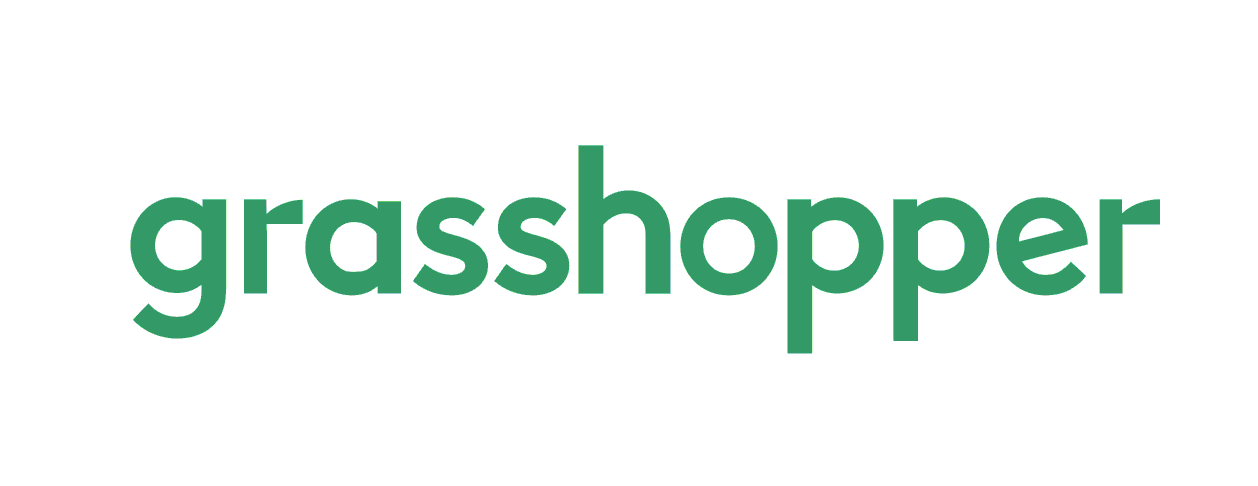Equality & Diversity Policy
Grasshopper Communications is committed to being an inclusive and open place of work, welcoming employees, and clients from all backgrounds. We willingly uphold the Equality Act 2010 and the subsequent (Wales) Regulations 2011.
Fair Treatment
- This policy covers all aspects of our business including recruitment, training, advancement, pay and benefits, grievances and discipline, dismissal, redundancy, and leave.
- We will not discriminate against any applicant, employee, or client on the basis of:
-
- Age
- Disability
- Race
- Sexual orientation
- Sex
- Religion or belief
- Gender reassignment
- Marriage or civil partnership
- Pregnancy and maternity
- Menopause
Recruitment
- Our job opportunities will be open to any candidate able to undertake the duties required without prejudice.
- Our job openings will be posted on our website, social media (twitter and LinkedIn) and recruiting websites if necessary and be accessible to all.
- When assessing candidates for job openings, we will use a documented process to ensure consistency.
Graduate & Work Placements
- We are an advocate for graduate and work placements to provide young or inexperienced people an opportunity to gain valuable work experience and skills.
- Any graduate or work placements we offer will employ these equality guidelines.
Work Environment
- We are committed to providing a work environment that is:
- Supportive and respectful giving everyone the equal opportunity to participate in decision making.
- Free from harassment and bullying in line with our well-being policy.
- Flexible in line with our agile working policy.
Wages
- We are registered with the Living Wage Foundation and agree to pay all employees the living wage.
- We believe that there should be no gender pay gap and will pay all employees based solely on job role and performance.
View full document here.

